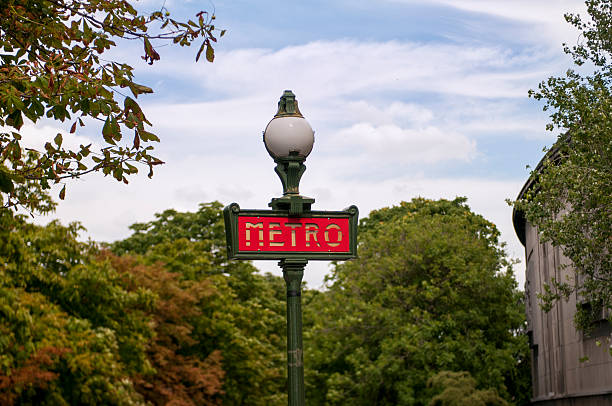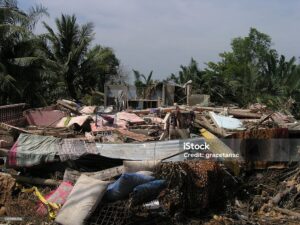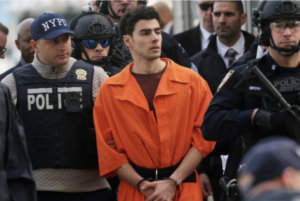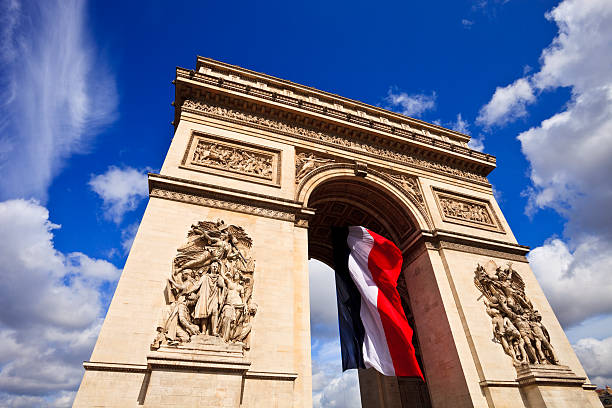The challenge to give a good image of France
Because the Olympic and Paralympic Games only happen once every four years, and because countries have to go through a long and tough evaluation process to welcome the Games, the country that is finally chosen to host them has to meet with extremely high expectations. Since the beginning of the Olympics in 1896 in Athens, Greece, France has hosted the Olympics two times already. First in Paris in 1900 for the second edition and then in 1924. Apart from the Winter editions of the Olympic Games hosted respectively in Chamonix (1924), Grenoble (1968) and Albertville (1992), it will be exactly a century since the last Olympic Games in Paris. The expectations are therefore really high, both nationally and internationally.
Overall, giving a good image of Paris and France in general is a must for the country’s officials. Not only will the world’s press have their eyes riveted on France, but millions of tourists will travel to France for the occasion. They will therefore be expecting good organisation of the event and transport. Besides, hosting the Olympics and Paralympics is a way to shine for countries. The attention it will receive will extend from sport to culture, to food and to what we call the French touch. The Olympic Games happening in Paris this summer will for sure give a huge boost to the already thriving tourism.
The legendary “French bashing”
Foreign journalists never cease to denounce the constant bad mood of the French, which seems to be getting worse with the Olympics coming. People are upset due to the construction of new infrastructures or the renovation of already existing ones. According to a survey made by Odoxa at the end of 2023, 44% of the French are thinking that hosting the Olympics and Paralympics is not a good thing, compared to 22% two years ago. Besides, this survey also shows that more than one Parisian out of two are planning on leaving the capital during the Games.
This so-called bashing is especially prevalent among Parisians. They are particularly concerned about the ability of the Games’s organizers to ensure reliable public transportation and to provide sufficient security duringthe event. The Metro system in Paris is well known for being overcrowded and having daily problems and delays. This situation, which will probably worsen with the millions of tourists coming for the Olympics and Paralympics, does not please Parisians, especially those who work at this time of the year. They will be in the front line to enjoy the event and the general buzz, but they’ll also have to deal with the inconveniences. Foreign media have been particularly insistent on this “French bashing”, and the idea that the French have a negative opinion of the Paris Olympics has been widely shared internationally. Journals such as Blick highlight a French disunity concerning hosting the Games, which gives the impression that French people are not excited at all for this year edition.
To know more about the organisation of the Olympics and Paralympics check out these other articles:
LES JEUX OLYMPIQUES FACE AUX POLÉMIQUES D’ANNE HIDALGO
But what does international media think?
Overall, the question of whether or not the capital public transportation will be ready on time in terms of accessibility and reliability is widely asked among foreign media. Even though The New York Times states that “the city has made a great deal of headway” to increase the accessibility of its public transportation, it also highlights the lack of accessibility of the French capital. Indeed, it is nearly impossible to find an available cab for someone using a wheelchair. The media also denounced that “too few restaurants had step-free access” and predicted that this lack of accessibility will be a problem during the GFames. To this day, the only metro line accessible to people with disabilities and in particular wheelchairs is the N.14.
To continue with the issue of public transportation, foreign media are concerned about the price of this transportation. A metro ticket will cost four euros during the time of the Games instead of the usual two euros. According to several foreign media such as the Blick and The Daily Telegraph, there seems to be tensions between the municipality of Paris and the French state regarding who’s responsible for the fact that the transport system won’t be ready for the massive influx of tourists at the end of July. They also denote that tourists are the ones who will pay the price, with a doubled price metro ticket. The Daily Telegraph denounces that not only will it be more difficult for tourists to get around Paris this summer, it will also be much more expensive. To recall, free public transport was one of the arguments put forward to make Paris the host city for the 2024 Olympics.

International media are also pointing the finger at the regulations that will be put in place concerning Parisian’s liberty of movement. Indeed, the obligation to carry a QR code to move around the city during the Olympics is criticized by international newspapers as being too strict. This information has also widely been relayed by the Argentinean newspaper Clarin. Moreover, the newspaper also pointed out the issue of security. It claims that the huge number of police officers and drones in Paris during the Games is likely to provoke a feeling of anxiety and fear about a possible terrorist attack.
What about the Seine?
One of the most ambitious promises of Macron’s administration regarding the Olympics is to make the Seine healthy enough for some Olympic events to be held there. CNN’s journalists, one of the United States main media, clearly expressed their concerns about this project and consider it unreachable. Indeed, the Seine river has been declared unfit for official swimming events since 1923 due to pollution. The New York Times also calls into question the ability of the Games’ organizers to keep their promise to restore the Seine. A lot of media have been interested in the process of making the Seine clean enough to swim in. The Washington Post for instance did write about the Austerlitz basin and its construction.
In addition, the promise of the current mayor of Paris, Anne Hidalgo, and of the President of the Republic, Emmanuel Macron, to bathe in the seine before the start of the Olympic Games has attracted a great deal of attention in the international press. Overall, the promise of a healthy Seine for the summer is widely doubted by the foreign media, who are constantly asking whether the Seine will be clean enough for July 26, or not.










